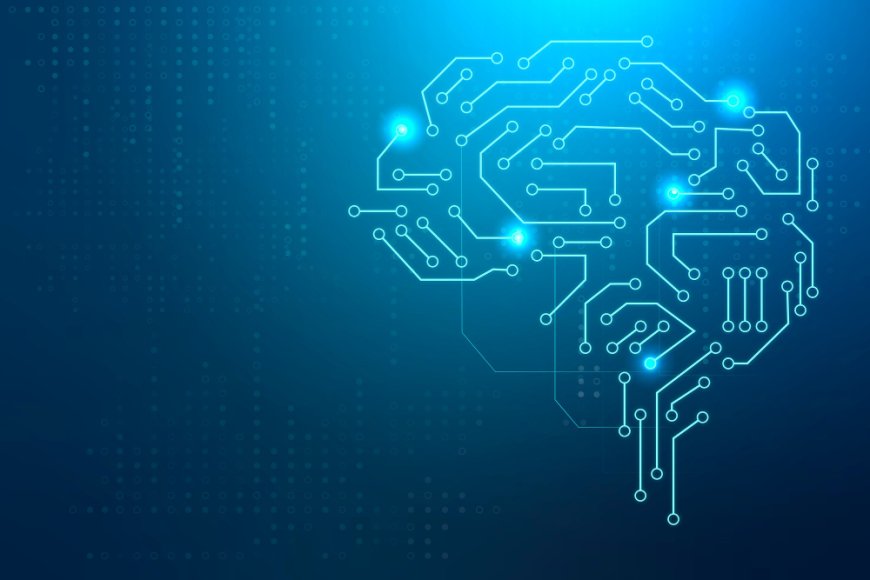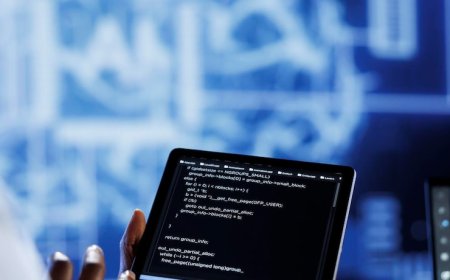Use Cases in Action: Real-World Applications of ZK-AI Blockchains

The digital landscape is undergoing a radical transformation, driven by the convergence of artificial intelligence (AI), blockchain, and advanced cryptography. Together, they’re creating a new generation of decentralized systems that are not only transparent and efficient but also private and verifiable. At the heart of this evolution lies the zero knowledge proof (ZKP) — a cryptographic breakthrough that enables trust without exposure. When combined with AI, it gives rise to ZK-AI blockchains, networks capable of intelligent computation, privacy preservation, and mathematical verifiability.
This new architecture isn’t just theoretical. Around the world, real-world use cases are already showcasing how zero knowledge proof technology and AI are redefining blockchain’s purpose — from finance and healthcare to governance and identity.
1. Privacy-Preserving Finance
One of the earliest and most impactful applications of ZK-AI blockchains is in financial systems. Traditional blockchain transactions are transparent — anyone can view sender, receiver, and transaction amounts. While this ensures accountability, it compromises privacy.
With ZKP, financial platforms can verify transactions without revealing amounts or participant identities. AI, in turn, can analyze transaction flows to detect anomalies, predict risks, or flag fraud — all without ever accessing raw financial data.
For example, decentralized lending platforms can use AI models to assess creditworthiness privately, while zero knowledge proof ensures that no sensitive information, such as income or asset details, is exposed. This creates a financial system that is both intelligent and private — a balance traditional banking struggles to achieve.
2. Healthcare Data and Secure AI Diagnostics
Healthcare is another sector where the combination of AI and ZKP holds tremendous promise. Medical data is extremely sensitive, yet AI algorithms require large datasets to identify patterns, diagnose diseases, or recommend treatments.
Through ZK-AI blockchains, hospitals and research institutions can securely share anonymized data while retaining patient confidentiality. AI models can train or operate on encrypted data, and zero knowledge proof ensures that the computations and results are valid — without revealing the underlying records.
Imagine an AI model that predicts disease risk based on private health data, and a blockchain that verifies the accuracy of the AI’s results using ZKP. Such a system builds trust among patients, doctors, and regulators, enabling collaboration without compromising privacy.
3. Digital Identity and Authentication
Digital identity has long been a challenge in both Web2 and Web3 systems. Centralized databases are prone to breaches, while decentralized identity systems often struggle to balance privacy with verifiability.
In a ZK-AI blockchain, users can prove their identity, age, or credentials using zero knowledge proof without revealing their personal details. AI algorithms can then analyze and verify credentials across networks to prevent fraud or duplication.
For instance, someone could prove they are over 18 or possess a valid license without disclosing their full name or identification number. AI-powered verification ensures the process is efficient and resistant to manipulation, while ZKP maintains user privacy.
4. Smart Governance and Voting Systems
Transparent and fair governance is a cornerstone of decentralized systems. Yet public voting on blockchains can unintentionally expose voter choices, while private voting mechanisms are often difficult to verify.
ZK-AI blockchains solve this problem elegantly. ZKP allows for votes to be counted and verified without revealing who voted for whom. Meanwhile, AI algorithms can ensure that voting patterns are free from manipulation or suspicious coordination.
In a governance model powered by AI and zero knowledge proof, communities can make transparent yet private decisions. The system guarantees accuracy and integrity without compromising anonymity — an ideal solution for both decentralized organizations and public elections.
5. Supply Chain Transparency with Privacy
Supply chain management benefits immensely from blockchain’s traceability. But full transparency can expose trade secrets, supplier relationships, or pricing strategies.
By using ZKP, companies can prove the authenticity and ethical sourcing of goods without revealing proprietary data. AI can monitor supply chains for anomalies — counterfeit risks, environmental violations, or logistics inefficiencies — and verify its findings through cryptographic proofs.
A ZK-AI blockchain supply chain system could confirm, for instance, that a product is sustainably sourced or ethically manufactured, while ZKP guarantees proof of compliance without disclosing confidential details.
6. Decentralized AI Marketplaces
AI training and deployment are often dominated by centralized institutions with access to large datasets. ZK-AI blockchains open the door to decentralized AI marketplaces, where developers can share models and users can verify results without revealing proprietary code or private data.
In this model, ZKP ensures that each AI output is derived correctly, while the blockchain records these verifications transparently. This creates an ecosystem of trustless AI computation — where intelligence can be distributed, auditable, and privacy-preserving.
7. Cross-Industry Data Collaboration
Finally, ZK-AI blockchains enable secure collaboration across industries that typically operate in silos. For instance, a financial institution, a healthcare provider, and a government agency could jointly analyze risk patterns or demographic data without sharing raw information.
AI performs the computation; ZKP proves the computation’s validity; and blockchain ensures the integrity of the records. This tri-layered framework creates a new model of data cooperation — one built on cryptographic trust rather than contractual trust.


























